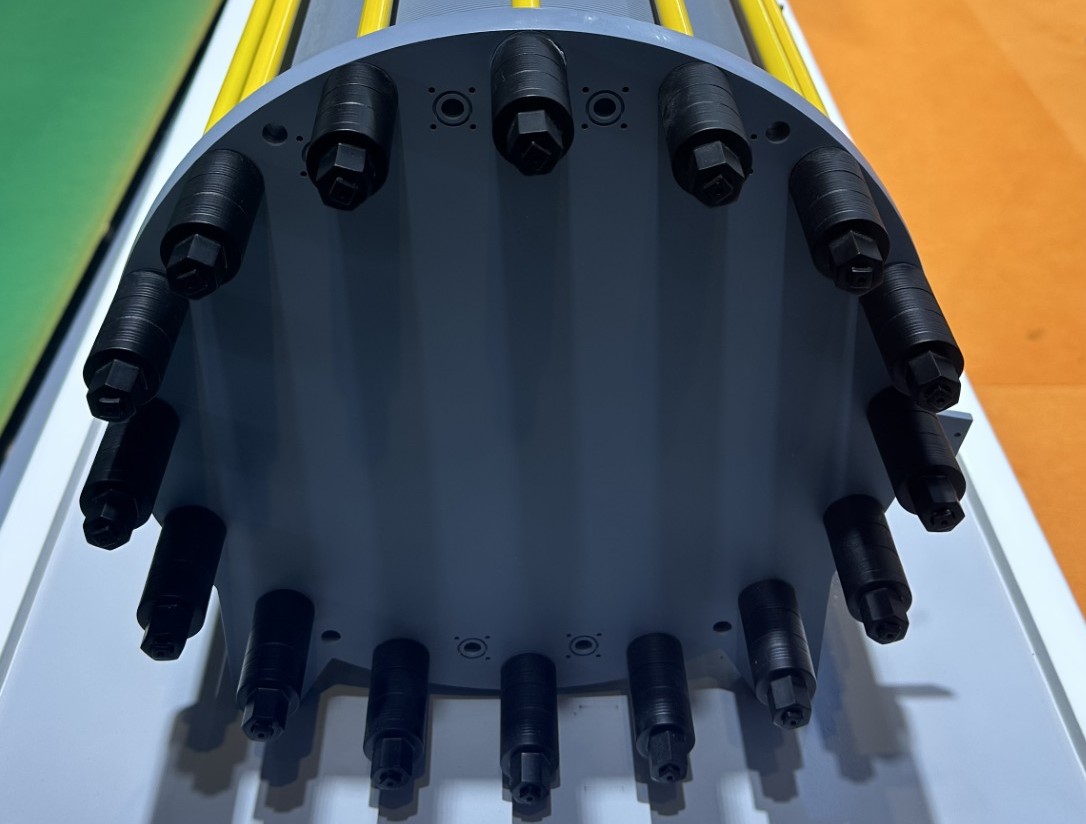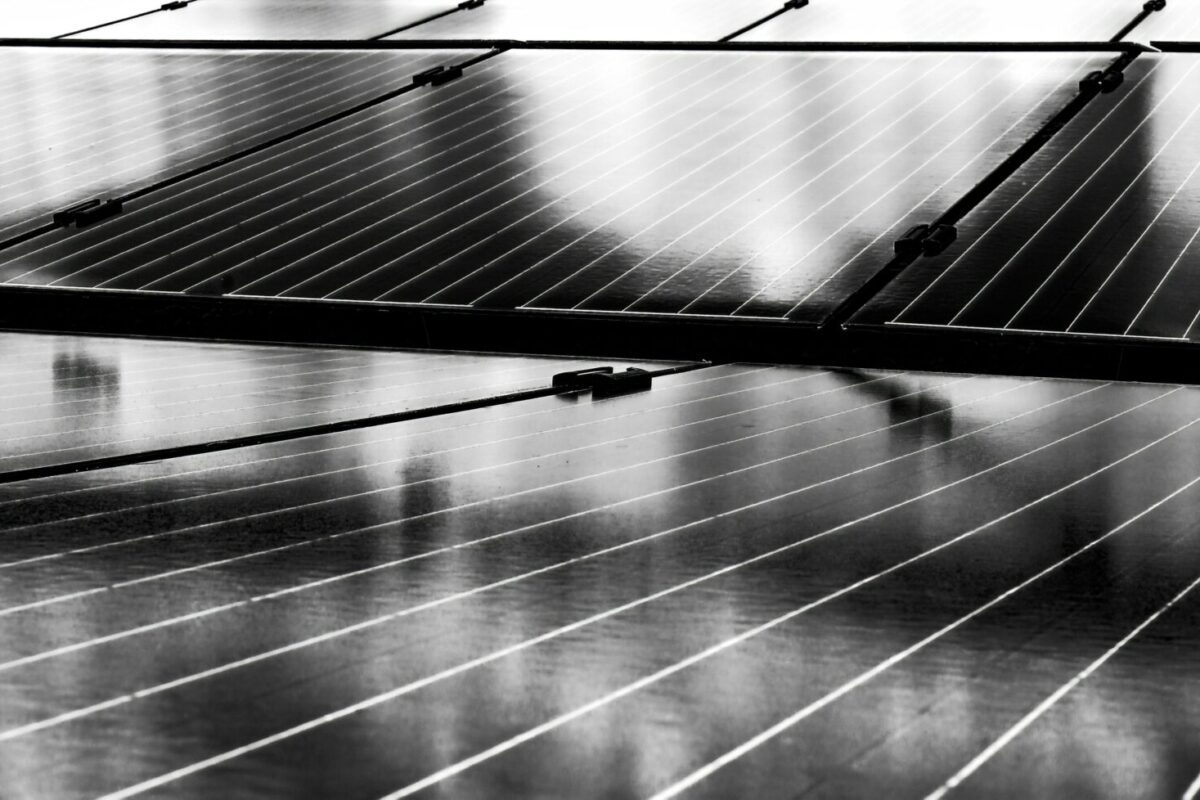Ruhr-Universität Bochum researchers have shown that multi-metal catalysts integrated into gas diffusion electrodes (GDEs) can oxidize gaseous ammonia (NH3) to primarily form NO2-, a precursor for fertilizer, while avoiding N2 formation. “To avoid the liberation of H2 in a reverse Haber-Bosch reaction under release of the energetically more favorable N2, we propose the oxidation of ammonia to value-added nitrite (NO2-), which is usually obtained during the Ostwald process,” the German academics said in “Gas Diffusion Electrodes for Electrocatalytic Oxidation of Gaseous Ammonia: Stepping Over the Nitrogen Energy Canyon.” They combined ammonia and water to produce nitrite and hydrogen, using a multi-metal catalyst on Ni foam, with Nif_AlCoCrCuFe showing up to 88% Faradaic efficiency for NO2- and near 100% efficiency for H2 production, as detailed in Angewandte Chemie.
Massachusetts Institute of Technology researchers have warned that using ammonia as maritime fuel could worsen air quality and lead to “devastating public health impacts” without new emissions regulations. Their study suggests that, under current laws, switching the global fleet to ammonia could result in around 600,000 additional premature deaths annually, while stricter regulations could prevent about 66,000 deaths compared to current maritime shipping emissions. The researchers cited the release of nitrous oxide (N2O) and nitrogen oxides like NO and NO2 from ammonia combustion as major concerns. “Requiring NH3 scrubbing within current emission control areas leads to smaller improvements in PM2.5-related mortalities (22,100 avoided mortalities for NH3-H2 and 623,900 additional mortalities for pure NH3 annually), while extending both Tier III NOx standards and NH3 scrubbing requirements globally results in greater reductions in PM2.5-related mortalities (66,500 avoided mortalities for NH3-H2 and 1,200 additional mortalities for pure NH3 annually),” the researchers said in their letter, which was published in Environmental Research.
Rolls-Royce has revealed plans to test a full-scale gas turbine using hydrogen at NASA’s Stennis Space Center in Mississippi with easyJet. “The testing will demonstrate the integration of technologies required for 100% hydrogen fuel operation on a modified Rolls-Royce Pearl 15 engine. Tata Consultancy Services (TCS) is providing engineering expertise,” said Rolls-Royce.
ZeroAvia said that Jekta has chosen its fuel cell power generation system (PGS) technology to develop a fuel cell variant of its electric amphibious flying boat. “It is anticipated the PHA-ZE 100 will achieve a range of up to 500 km or 600 km and increase the payload by up to one tonne, adding even more capability to the airframe,” said ZeroAvia. “Operating and maintenance costs can also be lowered with a hydrogen fuel system supporting a life of up to 20,000 hours.” ZeroAvia and the Switzerland-based developer of the PHA-ZE 100 will collaborate to develop and certify an integrated PGS, including inverters, electronic components, and a hydrogen tank and fuel system.
Ohmium said it has opened a new gigafactory in Doddaballapura, near Bengaluru, India. “Covering close to 14,000 square meters, the state-of-the-art facility will ramp up to ship 2 gigawatts (GW) of fully assembled and tested electrolyzer systems to meet global project demands,” said the manufacturer of proton exchange membrane (PEM) electrolyzers. The California-based company, which already works with major companies like NTPC and Tata in India, raised $250 million in a Series C funding round in April, with 3M among the investors.
This content is protected by copyright and may not be reused. If you want to cooperate with us and would like to reuse some of our content, please contact: editors@pv-magazine.com.



By submitting this form you agree to pv magazine using your data for the purposes of publishing your comment.
Your personal data will only be disclosed or otherwise transmitted to third parties for the purposes of spam filtering or if this is necessary for technical maintenance of the website. Any other transfer to third parties will not take place unless this is justified on the basis of applicable data protection regulations or if pv magazine is legally obliged to do so.
You may revoke this consent at any time with effect for the future, in which case your personal data will be deleted immediately. Otherwise, your data will be deleted if pv magazine has processed your request or the purpose of data storage is fulfilled.
Further information on data privacy can be found in our Data Protection Policy.